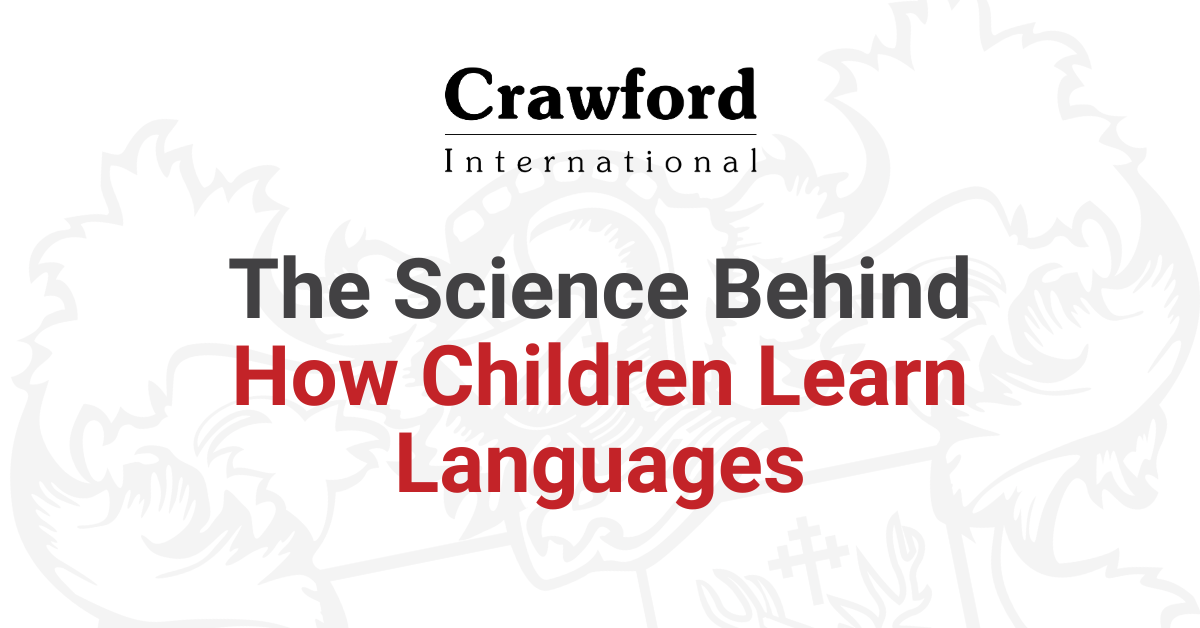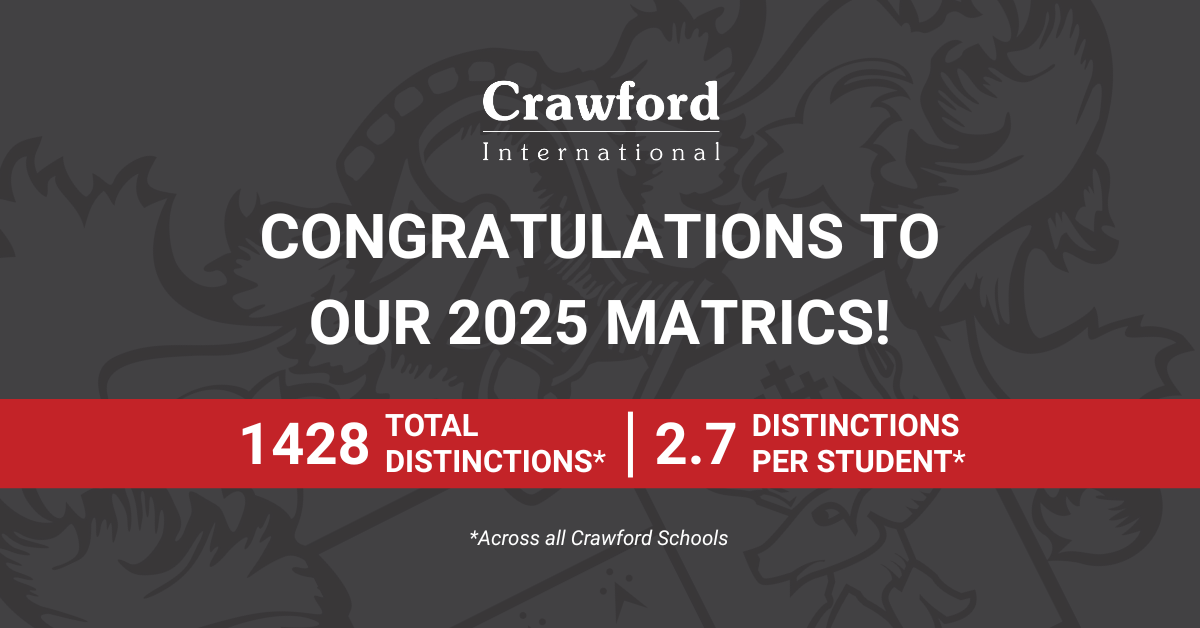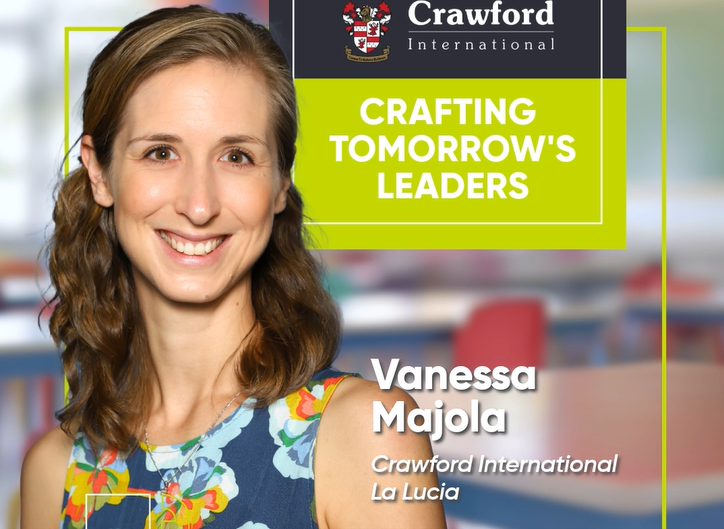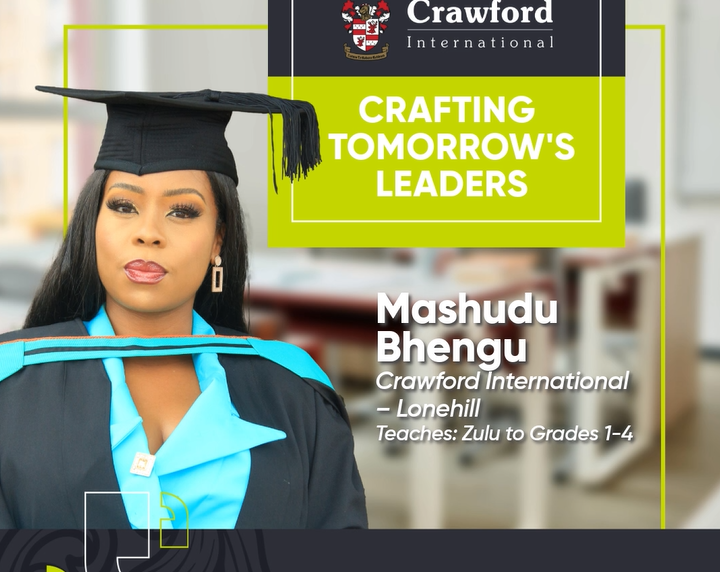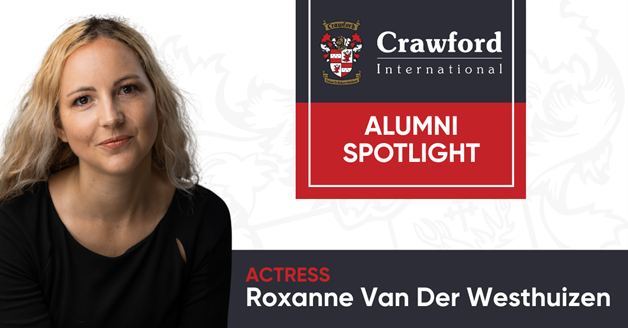How Exam Stress Can Be Reduced Through Revision
April 12, 2024
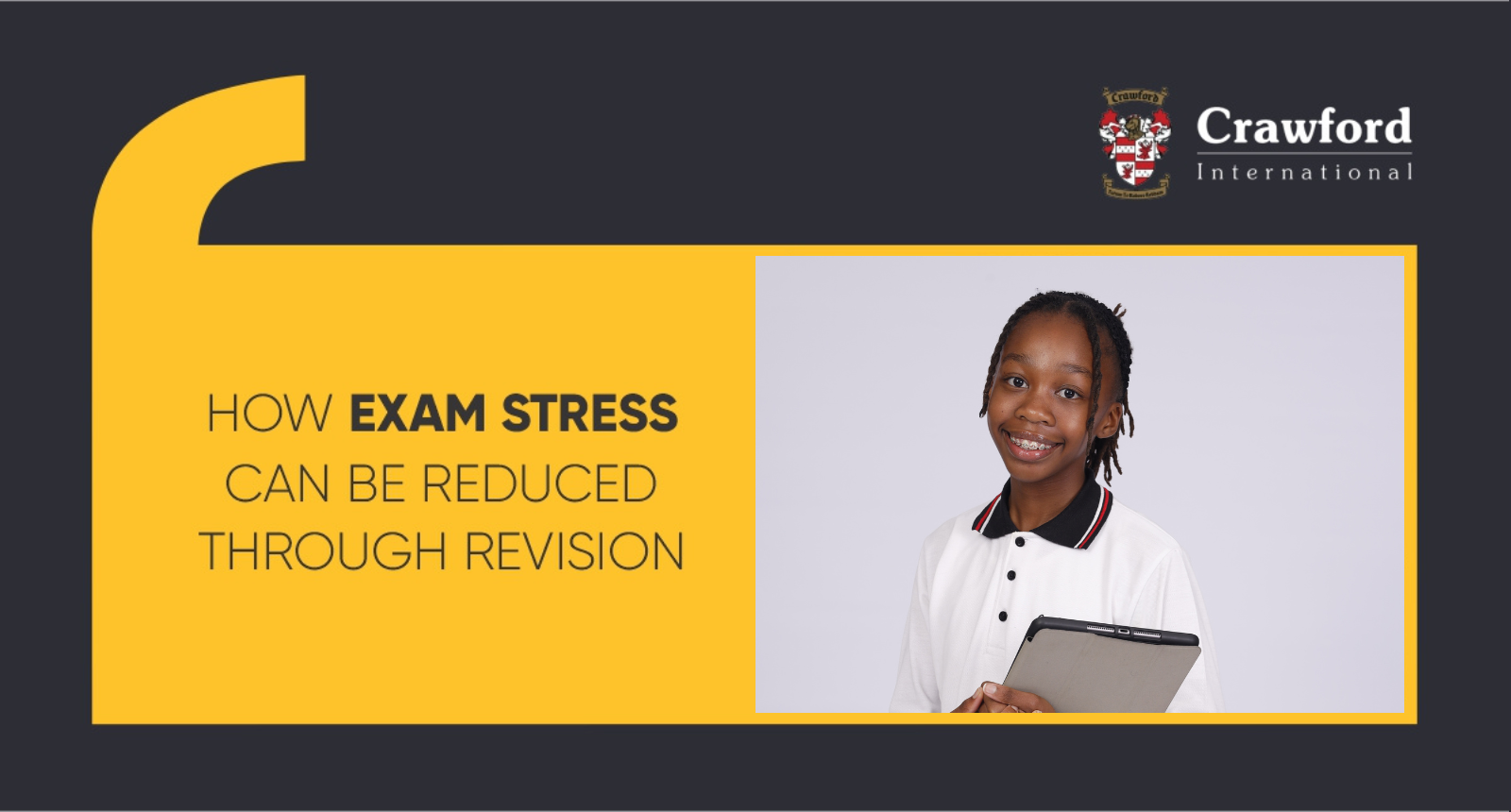
Article Summary:
Exam stress is a common challenge for students, but structured and consistent revision can significantly ease this pressure. Unlike general studying, revision involves reviewing material multiple times using proven strategies that enhance memory and understanding. Techniques like the 2,3,5,7 revision schedule, using past papers, flash cards, group study, and even rhymes make learning more effective. Equally important is balancing revision with rest, exercise, and self-care. Creating a personalized revision timetable helps students manage their time efficiently, prioritize difficult topics, and build confidence. Ultimately, a thoughtful revision plan not only improves academic performance but also supports emotional well-being during exam season.
How To Reduce Exam Stress Through Revision
Did you know that studying and revision are two different things? In a nutshell, ‘studying’ refers to the initial exposure a student has to the course material. This happens in the classroom or by reading the textbook.
Revision, however, is what happens after the initial study happens and relates to strategies or techniques used to visit and revisit the course material at consistent intervals, in order to gain a deeper understanding and easier recall.
The 2,3,5,7 revision method
This method refers to the intervals at which revision is done, after the initial learning has taken place.
Day 2 and day 3 are revision days of the learning achieved on Day 1.
Day 4 is a rest day, while Day 5 you re-visit the work.
Day 6 is another rest day, and finally Day 7 is your last re-visit opportunity before you write your exam.
These revision sessions should not take more than 45 minutes, with a 15-minute break. Planning your revision will ensure that you get what you need done, instead of ‘wandering’ about the content aimlessly. You can use various revision strategies to help you learn the course material in different ways.
What are some revision strategies?
Did you know there is ‘Active’ revision and ‘Passive’ revision? Passive revision is simply reading the course material, typing out neat notes, and highlighting sentences. This is very simplistic and not enough to get the information into your memory. Active revision, on the other hand, is a more energetic approach and uses different methods to learn and understand the content.
Here are some handy revision methods:
- In the Past: Past papers are a fantastic way to simulate an actual exam while testing your knowledge of the coursework. First, do the test as if it’s a live exam. Then test your answers against your own notes. Once you are sure of your answers, mark yourself against the memo.
- On the cards: Flash cards (and colourful sticky notes) are great for active revision because you have to take the comprehensive information and condense it into a single card or note. This requires understanding of the work.
- Comfort in numbers: Grab some friends and create a pop-up study group. Not only will others keep you motivated, but they will also be your sounding board as you teach them concepts (without your notes) and they can also act as a guide if you are stuck on some material.
- Rap it: The same way song words stick in your head, if you add a melody or a rhyme to information, you will remember the facts more easily. For instance: ‘Wishy-washy on his own, signed it was a whale bone’. A silly rhyme to remember that George Washington, signed the Treaty of Independence in Nantucket (home of the whale) – for example.
- Rest it: You simply cannot revise all the time! It’s exhausting and unproductive. Build some flexibility into your revision plan because self-care is important to learning. Sleep, eat, revise, play and repeat.
Setup a Revision Timetable
So now you know what you need to do, create a timetable to manage your revision slots. Start with a blank month page and add the following to your timetable:
- Fixed activities. This includes school time, sport practices and matches, family commitments, etc.
- Flexibles activities. This includes exercise, chores, socialising, meal times and games.
- Hot hours. Analyse when you work best, such as in the morning or the night. Steal open hours this time because that’s when you’ll get the best quality revision done.
- Exam Dates. Once you’ve added your assessment dates, work backwards from those dates to make sure you have enough revision time. How much time is enough time? Remember our 2,3,5,7 method above, featuring 45 minute slots with a 15 minute break? Apply that method as best you can and soon it will become clear if you have enough time or not.
- Tricky first. For each of your subjects, write down the main topics or sections. Now rate how confident you are in those topics. The topics you are least confident in should be the ones you tackle first, practise longest, and the ones you re-visit most often.
Now that you have some sort of structure to your revision, start today! That one hour you would’ve spent lying in the bath watching reels can now be spent revising one section for 45 minutes, and then you can lie in the bath for the remaining 15 minutes. Take responsibility and plan well.
Crawford International students please know this: we understand that exam time can be stressful. We believe that if you simply revise your work (as stated above), then you will alleviate your exam anxiety. Remember too that we are all here to help you if you are struggling. All you have to do is ask.
